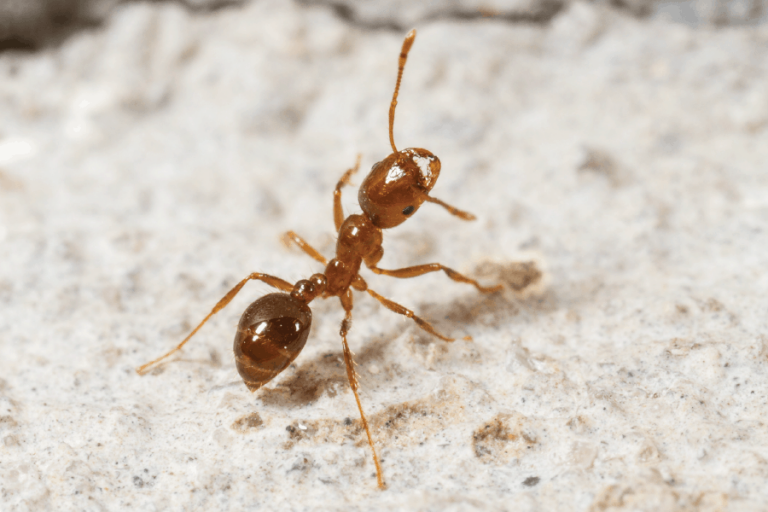Twenty years ago red imported fire ants were active primarily in the coastal regions of South Carolina. Now they can be found all over the state, including the Upstate, and into the North Carolina foothills. Here’s how to protect yourself from fire ants.
Signs of a Fire Ant Infestation
- Queen and worker fire ants are fairly small, usually no more than 1/8 of an inch in length. They have a reddish-brown body with a darker brown or black rear section, while the males are completely black.
- Fire ant hills are easily identifiable. Mounds are wide and high, on average, 10 to 24 inches across and between 6 to 18 inches tall. Lack of mounds doesn’t mean an area is fire ant free. These ants often will create a sophisticated underground tunnel system that may extend up to 25 feet away from their home base.
Personal & Pet Protection
- Fire ant stings pack quite the punch. Their powerful venom creates a painful and itchy sting that will swell and blister. While most fire ant stings aren’t serious, approximately 1 out of 200 people will have a significant allergic reaction. Wash the area thoroughly then apply an over the counter pain and anti-itch cream. Ice and elevation may help with any swelling. Head to the nearest urgent care center if you experience shortness of breath, tongue swelling or dizziness.
- Fire ants on your pet are a common problem. Bites occur on areas with little or no hair including the muzzle, paw pads and underbelly. Once safely away from the mound, wearing gloves, take a towel and brush off as many ants as possible. If your pet doesn’t seem to be in any physical distress other than pain, administer an over the counter allergy medicine and apply a soothing paste of baking soda and water. Don’t hesitate to contact your veterinarian depending on the severity of the bites or if other symptoms are present.
Yard Protection
- The first step in protection is to have a thorough inspection of the exterior of your home and yard by a professional exterminating company. It is imperative to locate and determine the extent of the fire ant infestation. In most cases a combination of ant colony bait traps, drenching solutions and specialized sprays will be utilized to eradicate the colony. If the underground tunnels are extensive, it may be necessary to treat the area more than once. Then regularly scheduled maintenance will keep fire ants from returning.
Now is the perfect time for getting ahead of those nasty fire ants. Call Scout’s Pest Control today at 864-469-4999 and schedule an appointment to have your yard inspected and treated. We follow all Covid-19 preventative measures and look forward to serving you.





